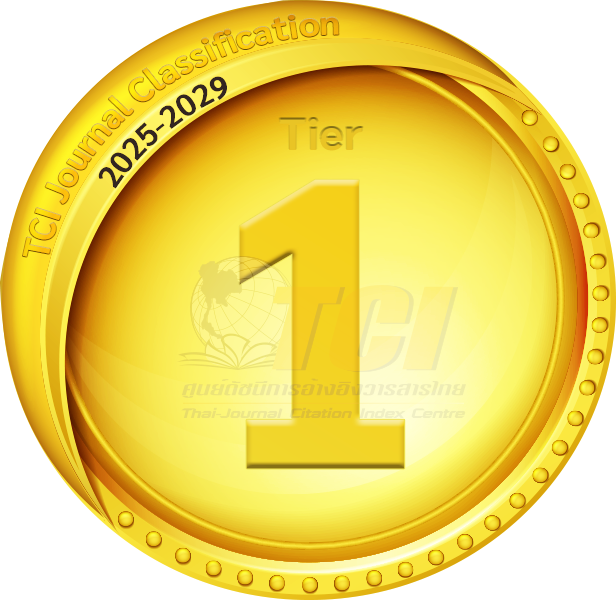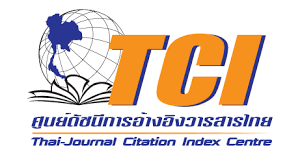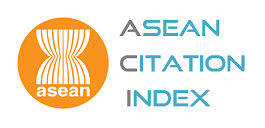Police Reform Perspectives
Abstract
Abstract
The article examines the policing system in Thailand compared with democratic policing models. It aims to adjust democratic models to a Thai context. More specifically, some main ideas of policing systems in the US, Canada, Australia and UK are investigated: administration, public participation, transparency, training and recruitment, and professionalism. The policing system in Thailand remains troubled; it has not reached an international standard, as political interference remains a key obstacle to reform. International models have improved in terms of widespread political interference, endemic institutional corruption, the spoils system, police misconduct and public mistrust, with several techniques having been created and implemented. Ethical considerations in the recruitment process and in-service training address police misbehaviour in the US. Canadian policing considers civilian oversight a crucial aspect of the democratic policing model so as to increase public trust and participation. Similarly, Australian policing has included improvements in police-society relations and public participation in accordance with public requirements. Remarkably, policing in Northern Ireland signified a case of radical police reform with political consensus. Policing in England is an outstanding example of police administration with triangular management in which the Chief Constable is independent of the executive arm of government: he is accountable only to the law. In contrast, implementing and achieving a democratic model seems difficult in Thailand, where politicians still employ the police as their political tool.
Keywords: policing, police reform, political interference, police misconduct, Royal Thai Police

Indexed in


Search